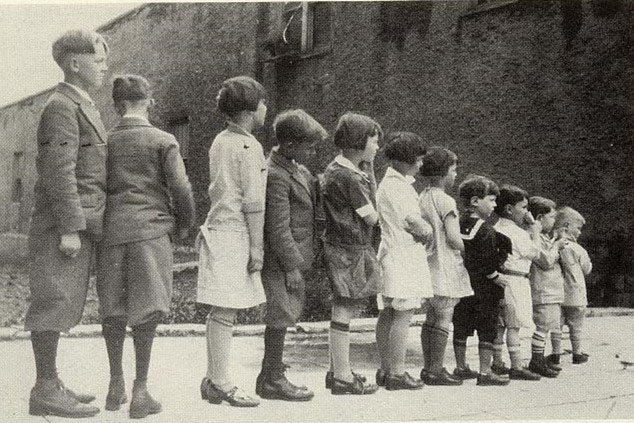Promoting State Leadership: A Federal Strategy for Advancing High-Quality Care and Education for Young Children
By Katharine B. Stevens
CONGRESSIONAL TESTIMONY
July 13, 2017
Testimony submitted to the House Committee on Education and the Workforce, Subcommittee on Early Childhood, Elementary, and Secondary Education on “Opportunities for State Leadership of Early Childhood Programs.”
Chairman Rokita, Ranking Member Polis, and distinguished members of the subcommittee, thank you for convening today’s hearing on opportunities for state leadership of early childhood programs.
My name is Katharine Stevens, and I am a resident scholar in Education Policy Studies at the American Enterprise Institute (AEI), where I lead AEI’s early childhood program. My research is focused on the science of brain development and its implications for early care and education policy, especially the role of early learning in expanding opportunity for low-income Americans. The views I offer today are mine alone.
Before my current position at AEI, I worked for nine years in higher education followed by 15 years in K–12 school reform. And having worked at every level of the education continuum, I have come to believe that early childhood is perhaps the most exciting and crucial area of US domestic policy. So it is a special honor for me to testify before the subcommittee today on opportunities for state leadership of early childhood programs.
Early childhood is a unique area of education policy for two reasons. First, it targets the very foundation of educational opportunity: aiming to help children get a strong start rather than trying to fix ever-worsening problems down the line. Second, I know of no other area of policy, in education or otherwise, that has such a robust body of scientific knowledge that so clearly points us in specific policy directions.
I am here today to make two key points: the first on the science of early development and the second on the policy implications of that science. I suggest that the science of early development strongly indicates that early childhood is a truly critical area of domestic policy—and, in the long run, may be the most important area of education policy. I also suggest that the federal government has a crucial role in advancing better early care and education, especially for the most vulnerable children.
Because it is such a critical area, though, the most important federal role now is to promote state leadership. We must find new ways to promote and leverage growing state commitment to early childhood, to incentivize state innovation, and to highlight strategies and activities of currently leading states, particularly around supporting lower-income families by improving access to high-quality childcare.
See Also
Policy Brief ~ June 4, 2018
Op-Ed ~ November 3, 2015
Blog ~ September 26, 2018




